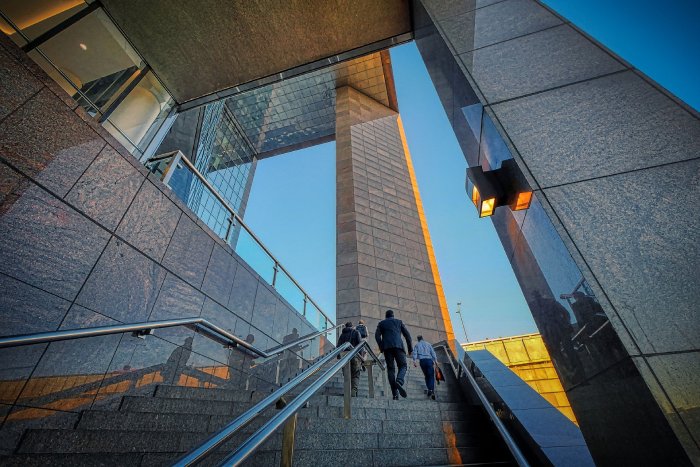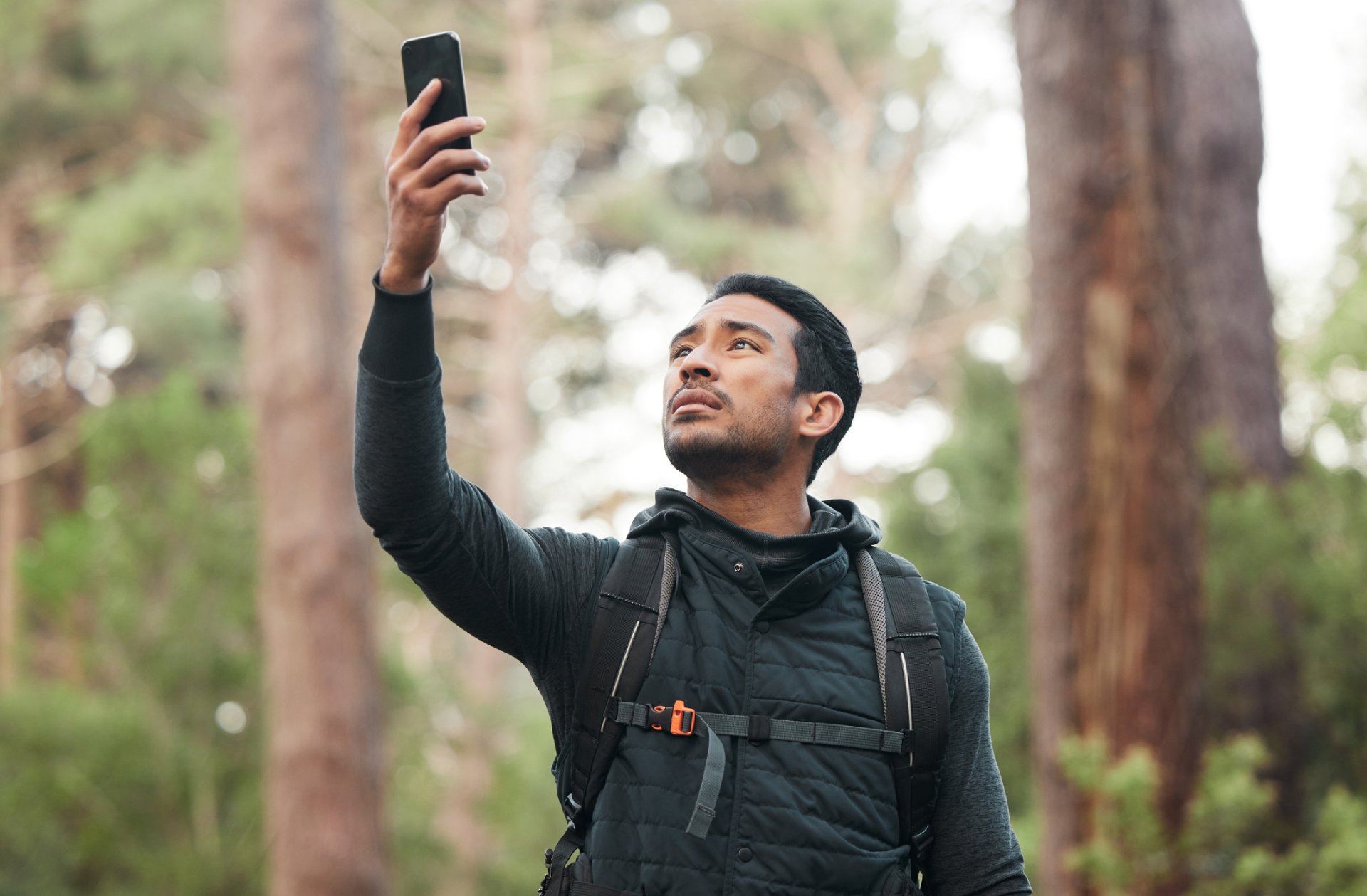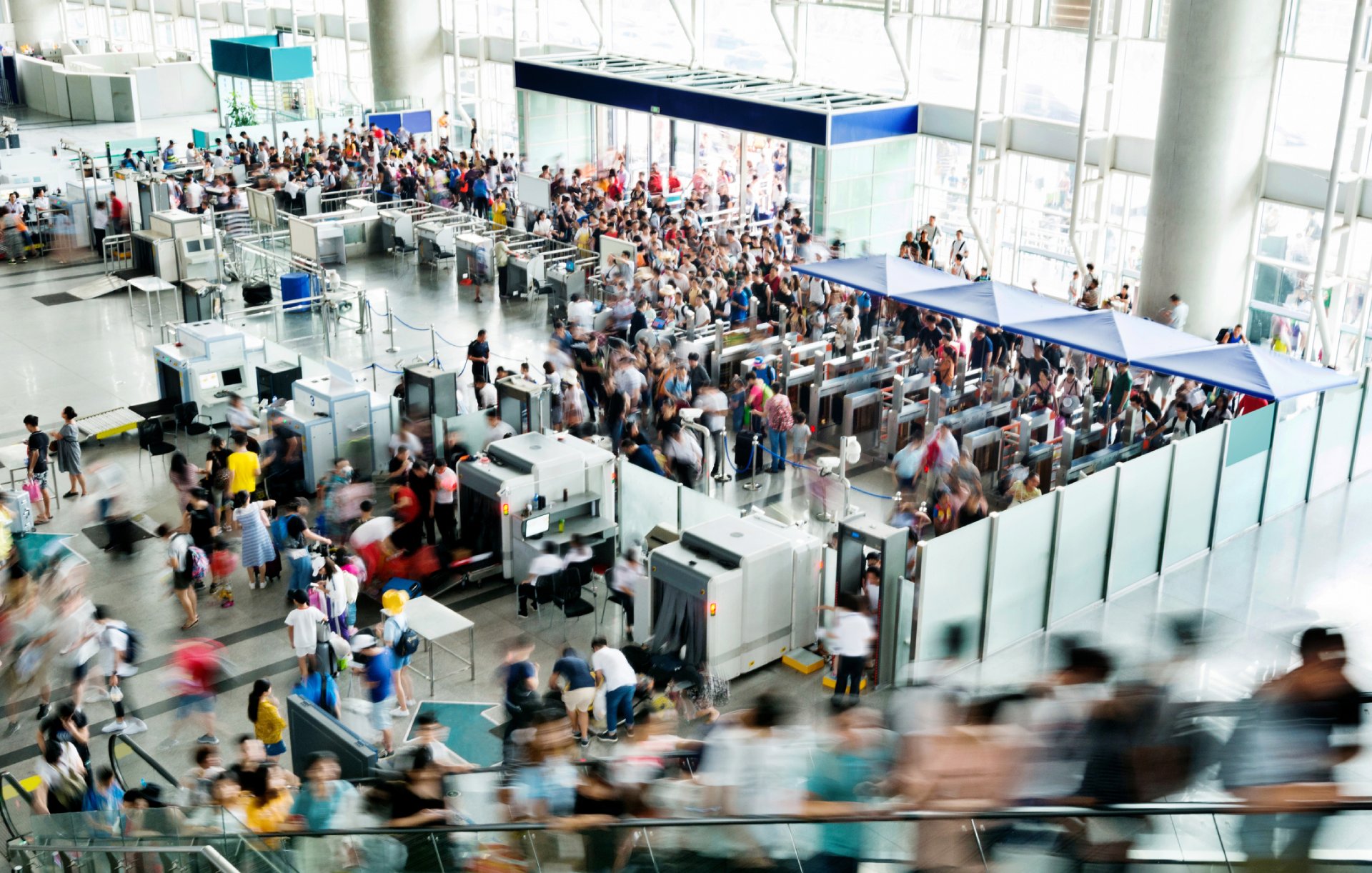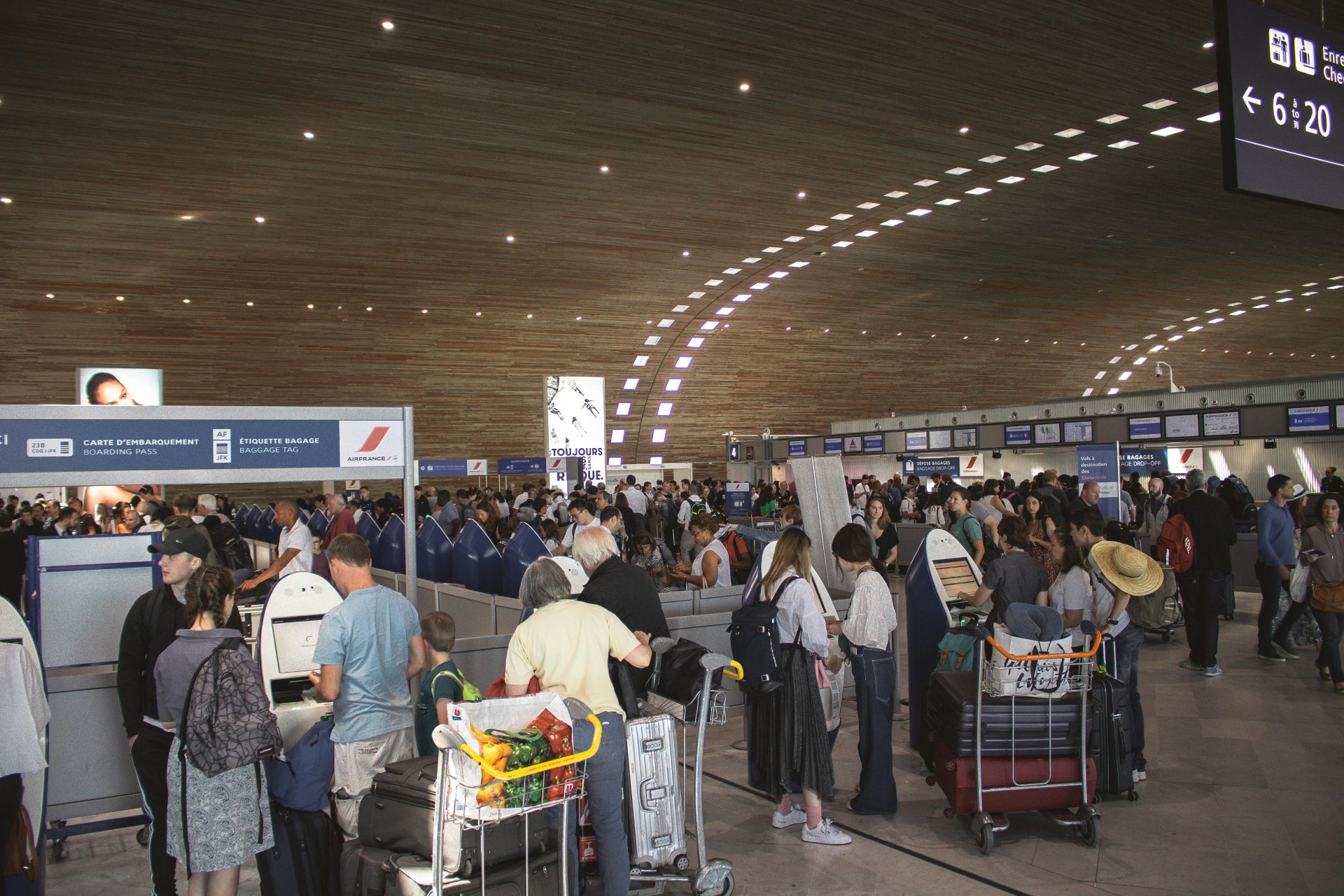Article Highlights:
Business Travel Trends: In 2024, 82% of professionals plan to travel as much or more, with 74% combining business and leisure (bleisure) activities.
Gender Differences in Travel Protection: Women tend to use crossbody bags for valuables, while men prefer zippered pockets or no protection.
Work Models and Travel: Hybrid work models increase travel opportunities, affecting the recovery of business travel post-pandemic.
Business travel is undergoing a slow, but steady, transformation shaped by evolving work models and changing expectations. According to the Global Rescue Summer 2024 Traveler Sentiment and Safety Survey a blend of optimism and caution grips the attention of business travelers, including trends in travel, the impact of changing work models, and the growing phenomenon of “bleisure” travel.
5 Key Points Regarding About Business Travel Expectations in 2024:
- Mixed Travel Intentions: A significant portion of professionals (82%) expect to travel about the same or more for business in 2024.
- Expectations of Recovery: While 59% believe business travel will match or exceed pre-pandemic levels, a notable percentage (26%) foresee business industry travel to be significantly lower than before.
- Business Destinations: A majority of business travelers (65%) plan to travel both domestically and internationally.
- “Bleisure” Travel Rise Continues: The trend of combining business trips with leisure activities is on the rise, with 74% of professionals adding personal days to their trips.
- Work Models: Nearly half (47%) identify as hybrid workers, balancing time between remote and in-office work.
Evolving Business Travel Patterns

The changes in patterns and expectations of business travel are driven by a mix of emerging trends and shifting attitudes towards in-person interactions. Companies and professionals are adapting to new dynamics, balancing the need for face-to-face engagement with the convenience of virtual alternatives. Below, we delve into key aspects shaping the future of business travel.
Increased Travel Intentions
According to the survey, 27% of professionals anticipate traveling more for business in 2024 compared to the previous year. The majority (54%), however, expect their travel volume to remain consistent, while 18% foresee a decrease. This mixed outlook suggests that while many companies are resuming pre-pandemic travel habits, others are still cautious, reflecting a more conservative approach to business travel.
“It’s a promising indicator for the business travel industry, and one reason why travel growth continues,” said Dan Richards, CEO of The Global Rescue Companies, the world’s leading provider of medical, security, evacuation and travel risk management services, and a member of the U.S. Travel and Tourism Advisory Board at the U.S. Department of Commerce. “In-person meetings are more effective at establishing and maintaining relationships.”
Contributing factors for this cautious attitude include budget constraints, advancements in virtual communication, and the ongoing evolution of workplace dynamics. Companies are weighing the benefits of in-person meetings against the convenience and cost-effectiveness of virtual interactions. As we move further into 2024, it appears that business travel is on an upward trajectory, with many professionals eager to reconnect face-to-face.
Business Travel Expectations: A Return to Business Travel 2019 Volumes
Digging deeper into the expectations surrounding business travel, 24% of respondents believe that travel will exceed pre-pandemic levels. Meanwhile, 35% expect their travel to match or nearly match those levels. This optimism indicates businesses recognize the importance of personal interactions in building relationships and closing deals.
But not everyone shares this optimism. A portion of respondents—about 12%—anticipate that their travel will be only about half of what it was before the pandemic, while 14% believe it will be less than half. This divergence in expectations underscores the varying degrees of recovery across different industries and organizations. For some, the push towards digital communication tools may have reduced the necessity for travel while others, particularly in sectors reliant on face-to-face interactions, may feel the urgent need to travel more extensively.
Travel Destinations: A Balanced Approach
The survey results show a strong preference for a mix of domestic and international travel among business travelers with 66% of respondents indicating they will travel domestically and internationally. This trend reflects a broadening of horizons as businesses seek to explore new markets and strengthen existing relationships across borders.
In contrast, only 5% plan to travel solely internationally, while 29% will exclusively travel domestically. This inclination towards a hybrid travel approach suggests professionals are keen to leverage local opportunities and global networks. Companies that can facilitate travel to both domestic and international markets will likely gain a competitive edge in 2024.
The Rise of “Bleisure” Travel

The popularity of “bleisure” travel—combining business trips with leisure activities—continues. Three out of four respondents (74%) expressed their intention to add extra days to their business trips for personal or leisure travel. This trend indicates a growing desire among professionals to balance work and life, making the most of their travel experiences.
The rise of bleisure travel can be attributed to several factors, including the flexibility of remote and hybrid work models. Employees who want to maximize their travel experiences are turning business trips into opportunities for relaxation and exploration. Companies that acknowledge this trend and allow for flexible scheduling can enhance employee satisfaction and productivity while fostering a culture of work-life balance.
Work Models and Travel Behavior
The shift towards remote and hybrid work models has significantly impacted businesses. Among respondents, nearly half (47%) identify as hybrid workers, balancing time between remote and in-office work. As remote work becomes more ingrained in business culture, the question arises: does this work model encourage more travel?
“With the potential for increased work-related travel and a growing emphasis on bleisure experiences, business leaders must stay attuned to employees’ evolving needs, especially when updating their duty of care provisions,” Richards said.
Interestingly, 63% of respondents believe that remote or hybrid work models encourage them, or their friends and family, to travel more. This finding suggests that the flexibility afforded by these work models allows professionals to explore new destinations while maintaining their work commitments. The ability to work from anywhere offers a unique opportunity for individuals to blend work and leisure seamlessly.
Conversely, 37% of respondents do not feel that remote or hybrid models encourage travel, indicating that not everyone is taking advantage of this newfound flexibility. This divide may reflect personal preferences, financial considerations, or varying levels of job responsibility, which can influence an individual’s travel intentions.
A Complex Landscape Ahead
As we look ahead, it’s a bit of both optimism and caution that’s defining current business traveler attitudes. While a significant portion of professionals are eager to travel more, many are adopting a wait-and-see approach.
Regardless of trends, it’s critical for employers to update their duty of care provisions, as Richards mentioned above. And some employers are behind in doing so, while many others haven’t re-examined their duty of care requirements since the onset of the pandemic, which cut an entirely new facet to this obligation. Meeting your duty of care responsibility is a benchmark that has changed and will continue to evolve for the post-pandemic workforce.











